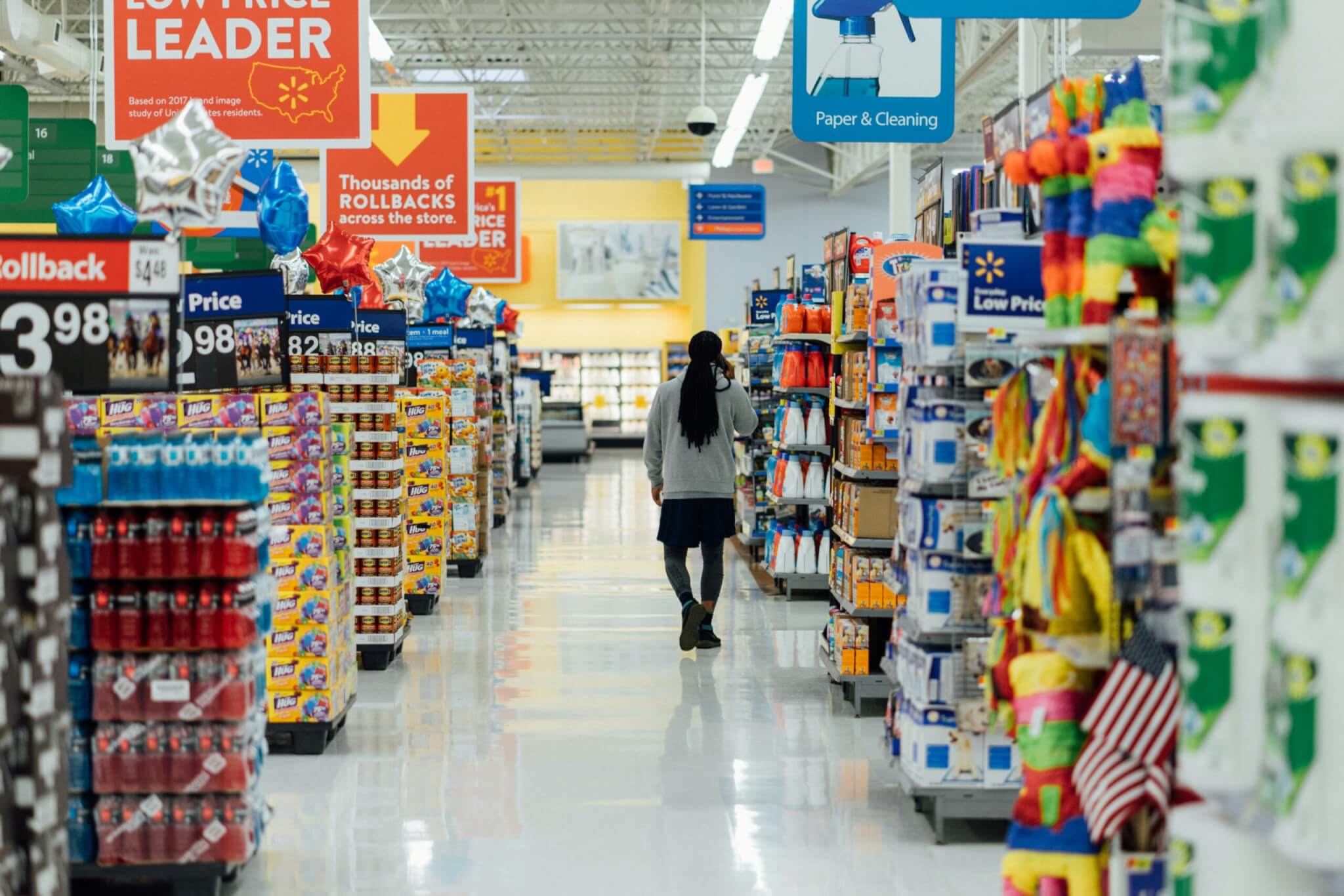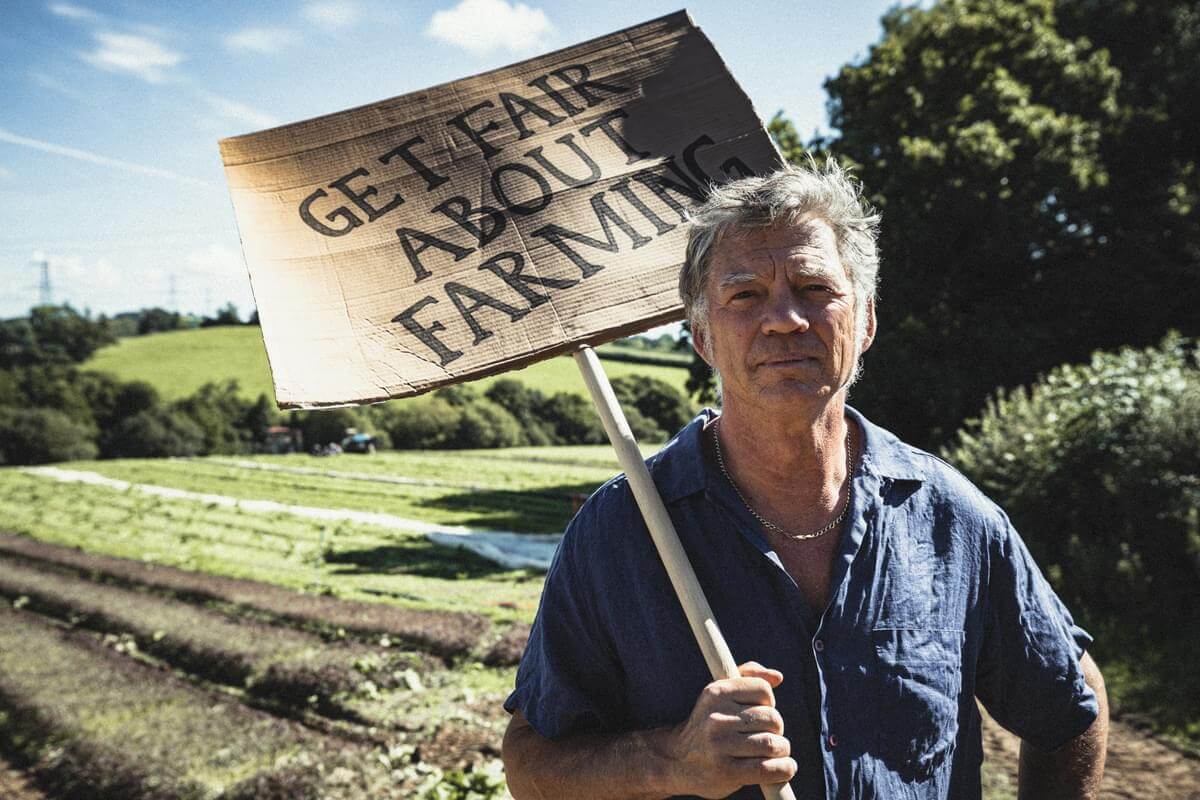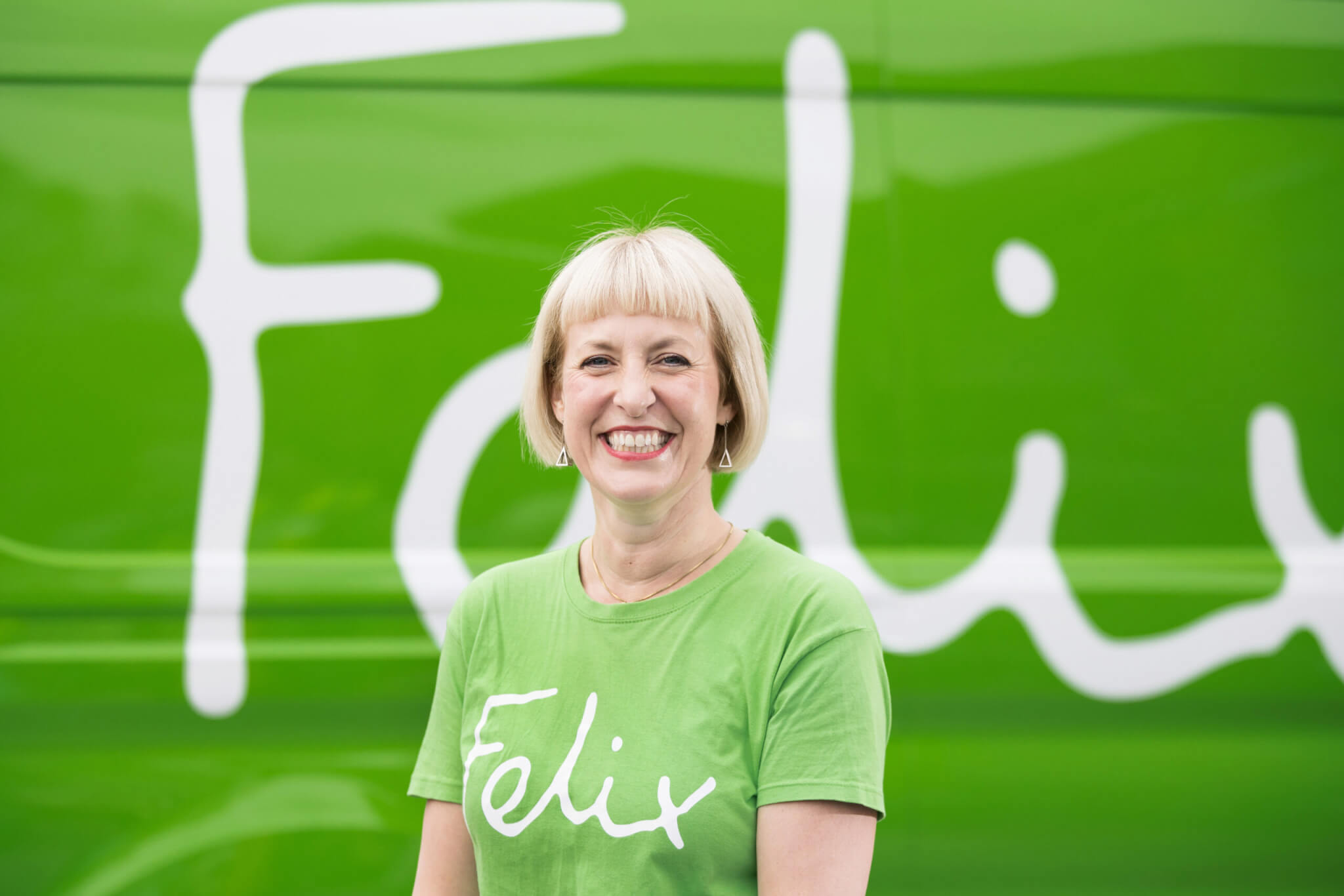The Chanceller, Rachel Reeves, announced in today’s budget that the supermarket giants will face a new business rates ‘surtax’. This will mean that many larger stores will have to pay a higher rate of property tax. The proceeds will help fund much needed discounts for smaller retailers, such as independent grocery stores and greengrocers on the high street, many of which are struggling.
However, the British Retail Consortium (BRC) has issued a stark warning to the public: food inflation could continue above five percent into 2026, and in the face of a higher tax rate, retail giants may send their losses downriver: hiking up their prices and forcing customers to foot the bill. Lower-income households will be hit the hardest since they typically spend a larger share of their income on essentials such as food – data from The Food Foundation in 2023 indicated that the most deprived fifth of the UK population would need to spend a disproportionately high 50% of their disposable income on food to meet the costs of the government’s recommended healthy diet.
This comes as Tesco, Britain’s biggest retailer, forecasts record operating profits of over £3 billion. It accounts for £1 in every £10 spent in UK retail. The second largest, Sainsbury’s has also raised its outlook – £1 billion in profits are expected, while sales at Aldi, the UK’s fourth largest supermarket chain, have risen to £18.1 billion. Morrison’s profits have surged to over £2 billion; Lidl’s profits have also soared.
“This is greedflation at its worst – weaponising inflation in the name of fatter profits. The supermarkets are making staggering amounts of money while record numbers of British farmers are going out of business. It seems they have the government, the supply chain, and growers over a barrel,” explains Guy Singh-Watson, the founder of Riverford.
He continues: “The supermarkets not only continue to squeeze everyone along the supply chain, they’re now threatening the British public and the Chancellor if their profit demands are not met. What is retail for if it is not to give people affordable, healthy, and nutritious food, as well as growers a decent return? At the moment our supermarket-dominated system contributes very little in return.”
Stopping supermarket handouts
The higher tax level will be applied to commercial properties with a rateable value above £500,000. Even though this affects only 1 percent of properties UK-wide, it will apply to many of the large stores that the supermarket giants own and run. The tax will come into force in April 2026. There are approximately 4,000 large-format retail stores with this rateable value that will have to pay the charge.
By contrast, many cities and towns in the UK now only have a handful of independent greengrocers. This number has plummeted in recent years.
The tax comes after concerns were raised at the UK Treasury about why the government has been giving handouts to the country’s biggest retailers, according to a report in the Financial Times. The new tax on supermarket giants will be diverted to smaller retail outlets, which will receive business rate relief. This is a potential first from the Treasury, in terms of reallocating business rates.
According to those campaigning for change, it is a fiscal tool that those in Westminster should expand to other policy areas aimed at making the food system fairer and delivering better outcomes. The Chancellor says she wants to look at how the tax system could work better for entrepreneurs, with more funding for the UK regions. This could extend to those active in delivering healthy food to the public.
“Farmers want to farm better, and the public wants better food. There is only one barrier to it — the supermarkets. Our food system is so corporatised. The Labour Government should go a lot further,” expresses Singh-Watson.
He adds: “When new supermarket developments are approved, why not make it part of the contract that five car parking spaces should be given to local farmers to sell their produce? This would encourage community connection, help new entrants into farming, strengthen local food networks and support new growers.”
Retail may represent just five percent of the economy, according to the BRC, but it has a stranglehold on all groceries the British public buy: 95 percent of all food consumed in the UK is sold by just ten supermarket chains.
Hostage to greedflation
This is not the first time that the citizens have been subjected to ‘greedflation’ – an unethical and misleading move made by supermarkets which sees prices raised excessively to increase profit margins, under the guise of a ‘cost-of-living crisis.’
One analysis found that rises in the cost of food in the UK between 2019 and 2021, was accompanied by Tesco, Sainsbury’s and Asda raising their combined profits over this period, to £3.2 billion, nearly double pre-pandemic levels, according to a report by the Unite union. This was accompanied by a 97 per cent rise in profits. At the same time, the eight top UK food manufacturers made profits of £22.9 billion. Under Reeve’s new budget, the latter could also see their large commercial units hit by the latest surtax.
“It’s more evidence that the British public are hostage to greedflation. It’s time our elected leaders and policy makers woke up to corporate greed and challenged it head on,” Sharon Graham, Unite general secretary said when the report was published two years ago.
A more recent study by the charity, Foodrise, found that the current ownership structures of UK supermarkets will make the new National Food Strategy fail, because “these supermarkets are locked into one overriding goal – maximising profit above any other consideration, including public health, food security, and the environment,” states the report.
“The big supermarkets have a stranglehold over the whole grocery market in Britain. Alternative, independent retailers and greengrocers do exist. They’re already doing amazing work in their communities and the benefits are already very clear, but they’re not able to sustain themselves,” states Sunita Ramani, Campaign Manager at Foodrise.
It doesn’t help that three of the world’s biggest investors – Blackrock, Vanguard and Qatar Holding – collectively control over five percent of the UK’s total food retail market. A number of these investors have an incredibly poor track record on shareholder proposals which relate to social action.
A new YouGov survey, commissioned by Foodrise shows strong appetite amongst the British public for change, with 54 percent of those polled saying supermarkets should be run as cooperatives or employee-owned businesses, compared with only 16 percent preferring private companies.
Riverford has been calling for more action on retailers, with better regulation. Over 113,000 people have backed their Get Fair About Farming campaign, which is about addressing the power imbalance that exists with supermarkets and the supply chain. In a recent poll, over two thirds of farmers felt that the relationship between growers and retailers had worsened in the last two years.
Will Reeve’s Autumn Budget help shift the seat of supermarket power? Or will it further hurt those who have already been thrust into food poverty?
“Over time, these big supermarket chains have become great marketing machines and everything about the way they present themselves is false, saying they are on the side of farmers, communities, and consumers, while below the surface, it’s all about creating profit, be it for shareholders or increasingly for private equity firms and in some cases servicing huge debt burdens,” concludes Sunita Ramani.













0 Comments